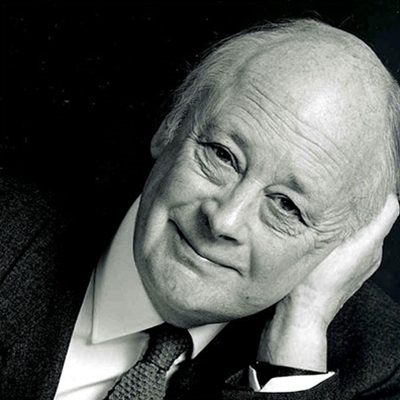To provide the best experiences, we use technologies like cookies to store and/or access device information. Consenting to these technologies will allow us to process data such as browsing behaviour or unique IDs on this site. Not consenting or withdrawing consent, may adversely affect certain features and functions.
The technical storage or access is strictly necessary for the legitimate purpose of enabling the use of a specific service explicitly requested by the subscriber or user, or for the sole purpose of carrying out the transmission of a communication over an electronic communications network.
The technical storage or access is necessary for the legitimate purpose of storing preferences that are not requested by the subscriber or user.
The technical storage or access that is used exclusively for statistical purposes.
The technical storage or access that is used exclusively for anonymous statistical purposes. Without a subpoena, voluntary compliance on the part of your Internet Service Provider, or additional records from a third party, information stored or retrieved for this purpose alone cannot usually be used to identify you.
The technical storage or access is required to create user profiles to send advertising, or to track the user on a website or across several websites for similar marketing purposes.
 The UK’s creative industries, from film and television to the dynamic video game sector, are cultural flagships and economic cornerstones. Valued at £125 billion annually, the creative industries are named one of the UK government’s eight growth-driving sectors in its Industrial Strategy. Yet, a significant obstacle looms over their continued success: a persistent and growing skills shortage. This gap threatens to stifle innovation and global competitiveness, particularly in the booming video game industry. (more…)
The UK’s creative industries, from film and television to the dynamic video game sector, are cultural flagships and economic cornerstones. Valued at £125 billion annually, the creative industries are named one of the UK government’s eight growth-driving sectors in its Industrial Strategy. Yet, a significant obstacle looms over their continued success: a persistent and growing skills shortage. This gap threatens to stifle innovation and global competitiveness, particularly in the booming video game industry. (more…)
































February 20, 2025
We may think we are pretty aware of the effects of AI. But posterity may draw different conclusions
by Jo Sutherland • AI, Comment, Wellbeing